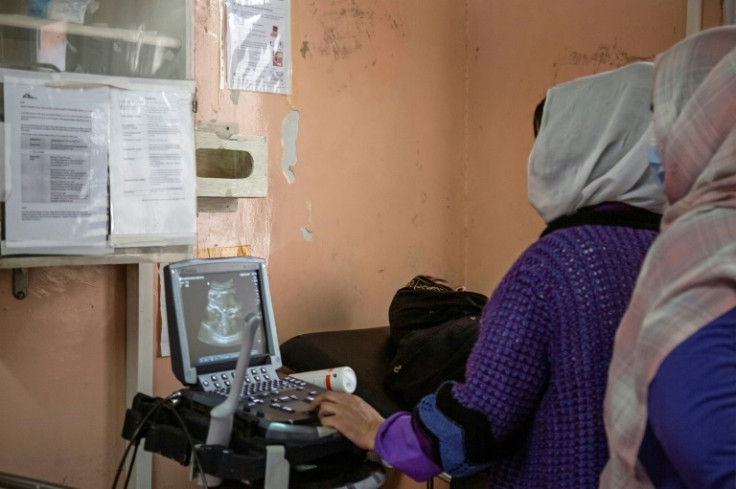Mpox Cases Rise To 16, Death Toll Reaches 3 Amid Ongoing Outbreak

The Department of Health confirmed three new cases of Mpox and another death in South Africa while the department is making efforts to stop the spread of this infectious disease in affected communities.
Since the outbreak began in May 2024, South Africa has now recorded a total of 16 laboratory-confirmed cases of Mpox, with three deaths reported.
One of the latest cases was a 40-year-old man from Ladysmith located in KwaZulu-Natal, who showed symptoms similar to smallpox including a rash all over his body. He passed away at home without going to the hospital and his test results came back positive for Mpox on June 23.
Furthermore, two more cases were confirmed in Gauteng. A 43-year-old man was diagnosed on June 22 at a private health facility in Johannesburg. The second case involved a 29-year-old man diagnosed on June 21 at a health facility in Mamelodi.
Out of the 16 infections, eight cases are in KwaZulu-Natal, seven in Gauteng and one in the Western Cape. All those affected are males aged between 23 and 43 years old.
"They presented with symptoms indicative of disease and had no international travel history," the department said, SA News reported.
The department is collaborating with provinces and other partners in the health sector to educate funeral homes on handling the remains of suspected and confirmed cases.
"The department would like to allay fears of possible travel restrictions or lockdowns due to the Mpox outbreak because the World Health Organization has not recommended any travel restrictions," the department said.
It added, "However, it is important for travelers from Mpox endemic countries to seek healthcare if they are ill and to alert health officials about their travel for clinical guidance."
The health department noted that anyone can contract Mpox regardless of age, gender, sexual orientation and race. However, it explained that Mpox is preventable and treatment for both mild and severe cases, noting that only people living with chronic conditions such as HIV, TB and diabetes are at high risk.
Mpox spreads to humans through contact with infected animals, humans or contaminated materials. Symptoms include a painful rash, swollen lymph nodes, and fever.
© Copyright 2025 IBTimes ZA. All rights reserved.

















